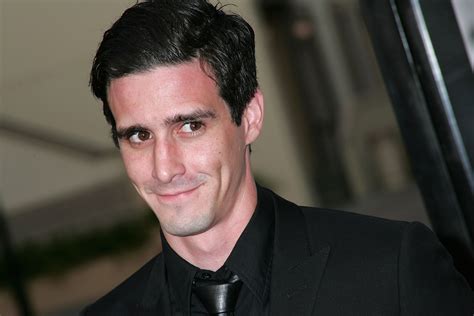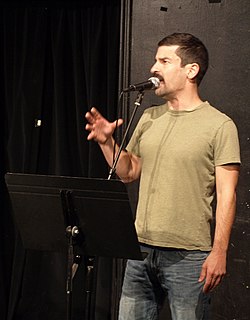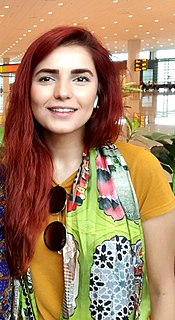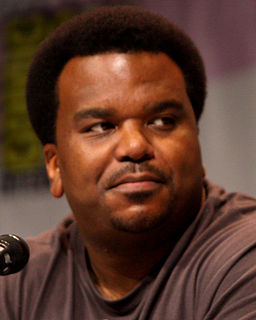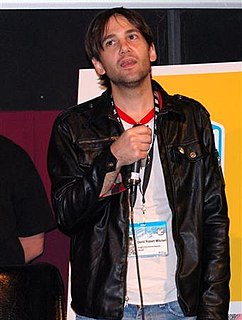A Quote by Lynne Ramsay
Related Quotes
Think of a world where there is no ride-sharing; people are driving themselves to work. You now have 30 people being served by 30 cars. Those 30 cars are only served 4% of the day; 96% of the day, they're stored somewhere. Around 20% to 30% of our land is taken up just storing these hunks of metal that we drive around in for 4% of the day.
Most film productions, when they're based at a place, they get, like, a 30-mile radius or a 30-minute radius to get out of the town. And once you go past that, your day starts to become shorter, and you have to start paying your drivers more, and everybody just gets paid more, and you have less time to shoot, and everything costs more.
The great thing about not having a script is there's nothing you have to shoot that day. When you start filming, you can shoot anything you want. There's no pressure to shoot anything. Whatever interests you that day is what you're shooting. That's a big liberation that makes it more enjoyable and more relaxed. I think if you have that kind of framework it can make it a much more satisfying thing to work on and to watch as well.
You can’t take everything on. That’s why when people ask how does this film fit into my oeuvre. I say 'I don’t know. I don’t think in those terms’. If I did, I might become incapacitated by fear . . . How do you eat a whale? One bite at a time. How do you shoot a 150-day movie? You shoot it one day at a time.
I remember I had a low point when I was working on a soap opera, 'General Hospital,' five years ago. It was my first real job, and it was so overwhelming. You would work five days a week and have to learn sometimes up to 30 pages of new dialogue a night, then have one take to shoot it all, the next day.



